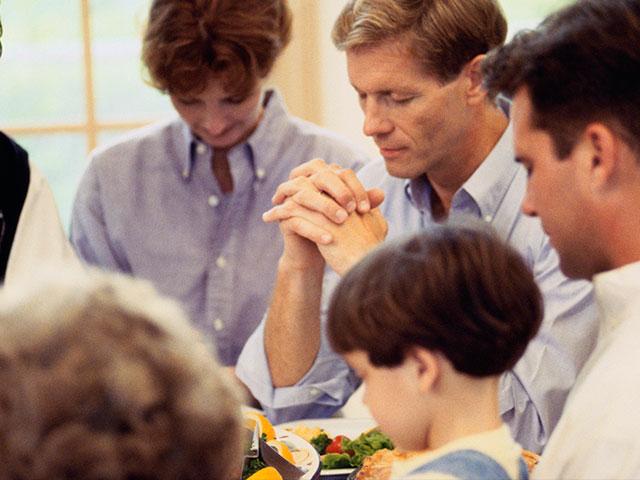
Read: Psalm 50:8–15 | Bible in a Year: Ezekiel 37–39; 2 Peter 2
Call on me in the day of trouble; I will deliver you, and you will honor me. Psalm 50:15
The doctor wasn’t frowning, despite talking to my husband about his recent cancer diagnosis. Smiling, she offered a suggestion: start each day by giving thanks. “For at least three things,” the doctor said. Dan agreed, knowing that gratitude opens our hearts to find encouragement in God’s goodness. Thus, Dan starts each day with words of praise. Thank You, God, for a good night’s sleep. For my clean bed. For sunshine. For breakfast on the table. For a smile on my lips.
Each word is heartfelt. But could it sound trivial? Does our praise in life’s small details matter to Almighty God? In Psalm 50, David’s chief musician, Asaph, offers a clear answer. God has “no need of a bull from your stall or of goats from your pens” (v. 9). Instead of these once-formal Israelite sacrifices of gratitude, God wants His people to give Him our hearts and lives in gratitude (vv. 14, 23).
As my husband experienced, whole-hearted gratitude helps our spirits flourish. Then when we call on the Lord “in the day of trouble,” He will “deliver” us (v. 15). Does this mean Dan will be healed, spiritually and physically, during his two-year treatment? Or not until after this lifetime? We don’t know. But for now, Dan delights in showing God he’s grateful for His love, and for who God is: Redeemer. Healer. Friend. And friends delight to hear these beautiful words: Thank You.My gratitude to God is great to Him.







